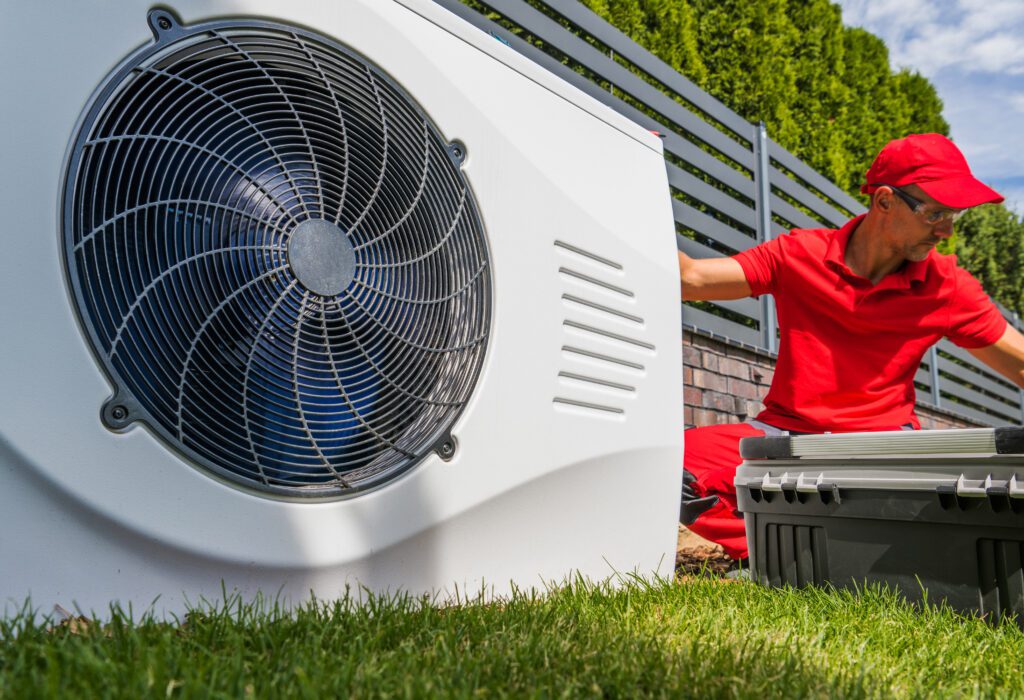Heat pumps are an essential component of home climate control systems, particularly in regions like Martinsburg, WV, where temperature fluctuations can be significant. Understanding how these systems work and how to maintain them can greatly improve their efficiency and lifespan. This article offers a comprehensive guide for residents to tackle common issues and ensure optimal performance.
Understanding the Basics of Heat Pump Systems
To effectively manage heat pump maintenance and repair, it’s important to grasp the fundamentals of how heat pumps operate. A heat pump moves heat from one place to another, functioning both as a heating and cooling system depending on the season. This dual functionality makes it a versatile choice for homeowners. Unlike traditional heating systems that rely on burning fossil fuels, heat pumps use electricity to transfer heat, making them a more sustainable option in the long run.
The Role of Heat Pumps in Your Home
Heat pumps are designed to transfer heat rather than generate it from a fuel source. During the winter, they extract heat from the outside air and transfer it indoors, while in summer, the process reverses, expelling heat from inside your home. This not only helps to maintain comfortable indoor temperatures but also contributes to energy efficiency. In fact, heat pumps can be up to three times more efficient than conventional heating systems, significantly reducing energy bills and carbon footprints.
Moreover, modern heat pumps come equipped with advanced technology, such as variable-speed compressors and smart thermostats, which allow for even greater efficiency and control. Homeowners can program their systems to adjust temperatures based on their schedules, ensuring comfort while minimizing energy use. This adaptability is particularly beneficial in regions with fluctuating temperatures, as it allows for seamless transitions between heating and cooling modes.
Key Components of a Heat Pump
Heat pumps consist of several critical components that work in harmony. These include the evaporator coil, condenser coil, compressor, and expansion valve. Each part plays a specific role in the heat transfer process, meaning that issues in any one component can lead to system inefficiencies or failures. Understanding these components can help homeowners identify potential issues. For instance, if the evaporator coil is dirty, it can hinder heat absorption, leading to inadequate heating or cooling. Regular checks on these components are advisable for preventive maintenance.
Additionally, the refrigerant used in heat pumps is crucial for their operation. This fluid circulates through the system, absorbing and releasing heat as it changes from liquid to gas and back again. Keeping an eye on refrigerant levels is essential; low levels can indicate leaks, which not only compromise efficiency but can also lead to costly repairs if not addressed promptly. Regular maintenance checks should include inspecting the refrigerant lines for any signs of wear or damage, ensuring that your heat pump operates smoothly and efficiently throughout the year.
Common Heat Pump Problems in Martinsburg, WV
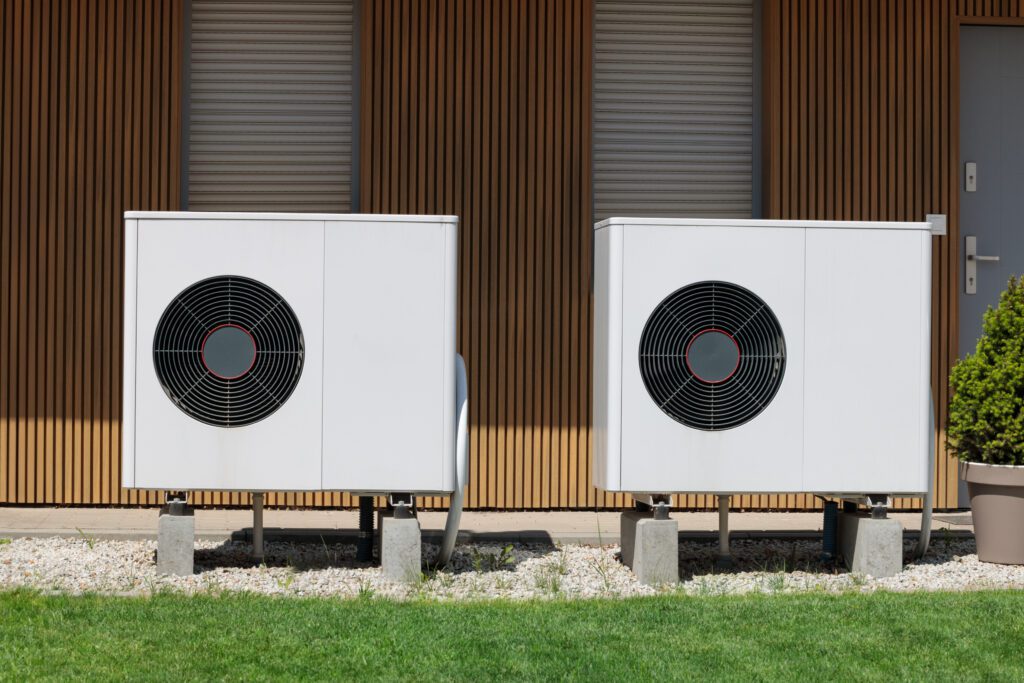
Despite their reliability, heat pumps can encounter issues, particularly due to the variable climate in Martinsburg. Being aware of these common problems can help homeowners take prompt action before a minor issue escalates into a costly repair.
Issues with Defrost Cycle
A problematic defrost cycle is one of the common issues faced by heat pump users. During cold weather, ice can accumulate on the outdoor unit, hindering its ability to extract heat. While heat pumps are designed to defrost themselves, various factors may cause this cycle to malfunction.
If you notice ice buildup, it could signify that the system is not running its defrost cycle correctly. Regular maintenance and timely assessment can help prevent this issue. Ensure that the outdoor unit is free from obstructions, such as snow or leaves, to allow adequate airflow. Additionally, checking the thermostat settings and ensuring they are correctly calibrated can also play a significant role in preventing unnecessary ice accumulation. Homeowners should be vigilant, especially during the winter months, as prolonged ice buildup can lead to more severe damage to the heat pump, potentially requiring expensive repairs or even replacement.
Problems with Reversing Valve
The reversing valve is a critical component that allows the heat pump to switch between heating and cooling modes. If this valve malfunctions, your system may not change functions appropriately, leading to discomfort and inefficiencies.
Signs of issues with the reversing valve include continuous operation in one mode or fluctuating temperatures inside the home. If such problems arise, it’s essential to have the unit inspected by a technician who can diagnose and repair the issue effectively. In some cases, the reversing valve may simply require a minor adjustment or cleaning, while in others, it may need to be replaced entirely. Homeowners should also be aware that a malfunctioning reversing valve can lead to increased energy bills, as the system struggles to maintain the desired temperature. Regular inspections can help catch these issues early, ensuring that your heat pump operates efficiently throughout the year.
DIY Heat Pump Repair Tips
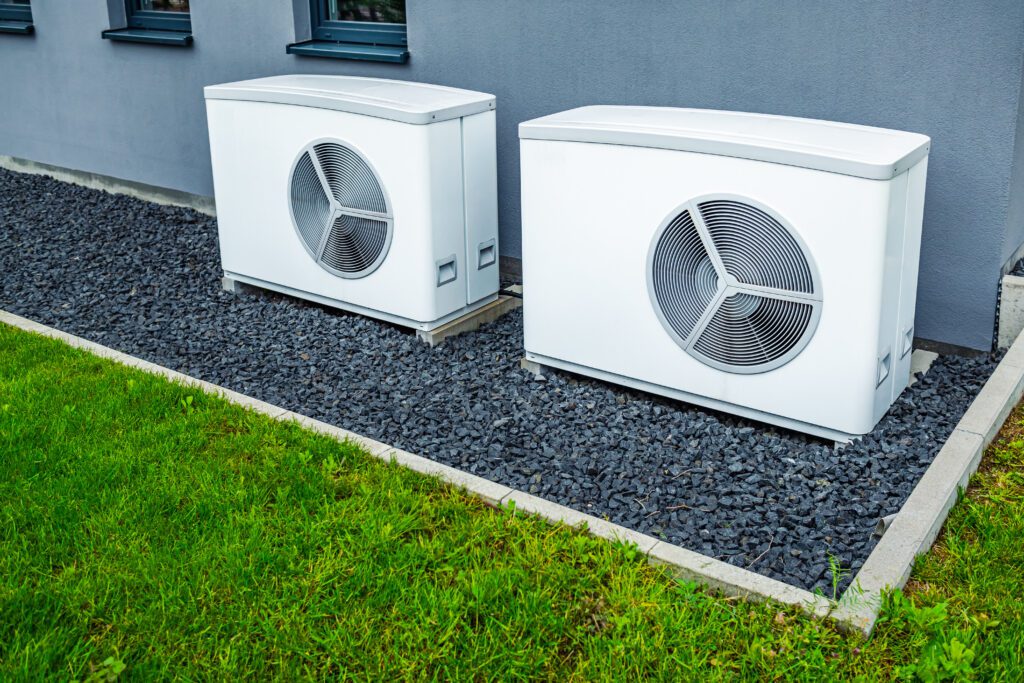
For residents interested in taking a hands-on approach, there are various DIY repair tips to consider. However, only attempt these methods if you feel comfortable working with electrical systems, as safety should always be your priority.
Regular Maintenance for Optimal Performance
Routine maintenance can significantly extend the lifespan of your heat pump. Simple tasks include changing or cleaning the air filters every month or two, as clogged filters can restrict airflow and strain the system.
Additionally, checking and cleaning the outdoor unit is important. Remove debris, leaves, and snow that can block airflow. Keeping the area around the heat pump clear ensures optimal performance and helps prevent future costly repairs. It’s also advisable to inspect the insulation around the refrigerant lines to ensure there are no gaps or wear that could lead to energy loss. Proper insulation can enhance efficiency, allowing your heat pump to operate effectively throughout the seasons.
Troubleshooting Common Issues
When your heat pump isn’t functioning as expected, start troubleshooting with the basics. Ensure that the thermostat is set correctly and that the unit is receiving power. Sometimes, simple issues such as a tripped circuit breaker can lead to apparent malfunctions.
If heating or cooling isn’t adequate, check the air filters and ducts for blockages. In many cases, simply cleaning or replacing filters can restore performance. However, if issues persist, it may be necessary to consult a professional technician. Additionally, listen for unusual noises coming from the unit, as these can indicate mechanical issues. Rattling, buzzing, or grinding sounds may suggest loose components or failing parts, which should be addressed promptly to avoid further damage. Regularly monitoring your heat pump for these signs can save you time and money in the long run.
When to Call a Professional for Heat Pump Repairs
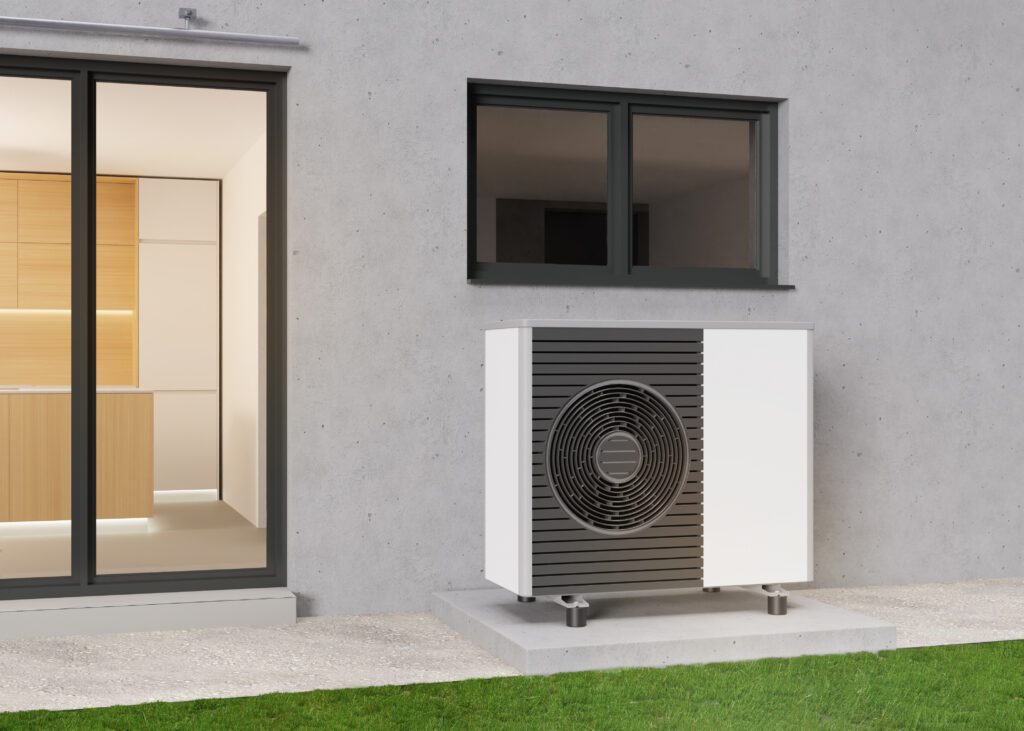
While some repairs can be managed at home, knowing when to enlist professional help is crucial. Certain issues require specialized knowledge and tools to ensure safe and proper repairs.
Recognizing Serious Heat Pump Problems
Indicators that professional intervention is needed include unusual noises from the unit, persistent leaks, or significant fluctuations in temperature. If you find that the unit is completely unresponsive, it’s also time to seek professional assistance.
Ignoring these signs can lead to more extensive damage, resulting in higher repair costs or even the need for a total unit replacement. When in doubt, it’s always prudent to consult with a certified technician.
Additionally, some problems may not present immediate symptoms but can still indicate underlying issues. For instance, if your energy bills suddenly spike without any change in usage, it could mean your heat pump is working harder than it should due to inefficiencies. This can be a sign of refrigerant leaks or compressor issues, both of which require professional evaluation to prevent further complications.
The Benefits of Professional Repair Services
Hiring professionals for heat pump repairs comes with numerous benefits. Technicians bring experience and expertise, allowing them to quickly diagnose and address problems that may be overlooked in a DIY approach.
Moreover, professional repairs often come with warranties or guarantees, providing extra peace of mind. They can also offer valuable insights into how to maintain your heat pump for long-term efficiency.
In addition to immediate repairs, professionals can conduct thorough inspections that may uncover potential problems before they escalate. Regular maintenance checks by a qualified technician can enhance the lifespan of your heat pump and ensure it operates at peak efficiency, saving you money in the long run. Furthermore, these experts are often up-to-date with the latest technologies and techniques in heat pump repair, which can be particularly beneficial if you have a newer model that may require specialized knowledge.
Preventive Measures to Avoid Heat Pump Repairs
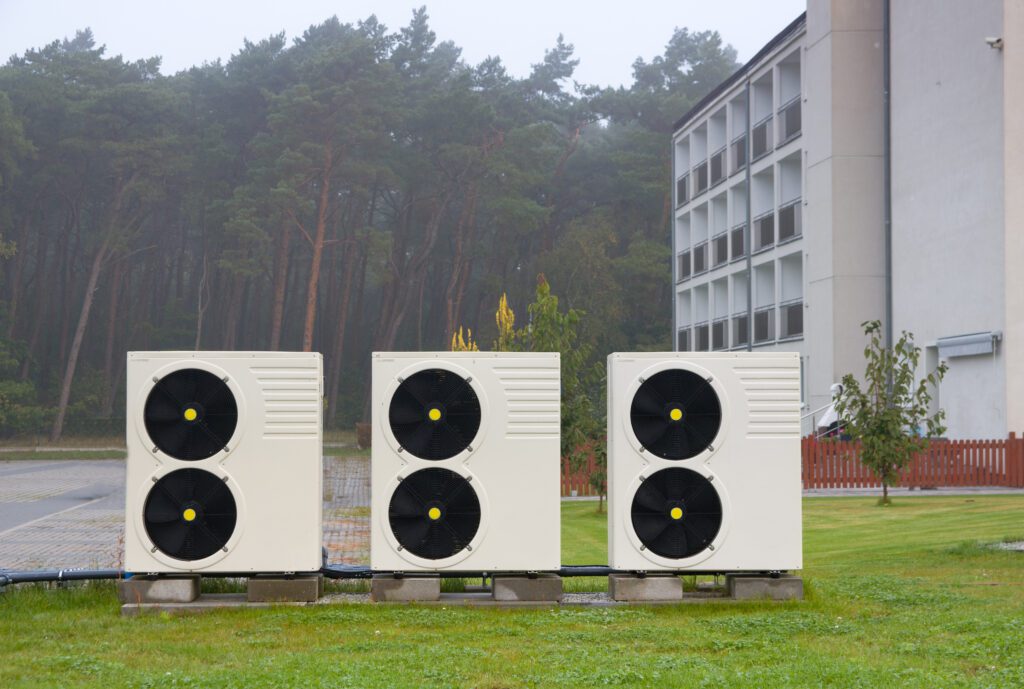
Proactive measures can significantly reduce the likelihood of unexpected heat pump failures. By taking steps to prevent issues, homeowners can save money and maintain comfort throughout the year.
Importance of Regular Inspections
Scheduling regular inspections by a qualified HVAC technician can help identify potential issues before they become serious problems. An annual check-up is recommended, ideally before the heating or cooling season begins.
During these inspections, technicians will check the system’s components, clean essential parts, and ensure that everything is functioning efficiently. This will help extend the life of the system and reduce the chances of unplanned downtime. Additionally, technicians can provide valuable insights into your system’s performance, recommending upgrades or modifications that could enhance efficiency and comfort. Homeowners should also consider keeping a log of these inspections to track any recurring issues or maintenance needs over time.
The Role of Proper Installation in Preventing Repairs
Proper installation is pivotal in preventing future repairs. If a heat pump is not installed correctly, it may work harder than necessary, leading to increased wear and tear. It’s recommended to have a licensed and experienced technician handle the installation to ensure compliance with industry standards.
In addition, choosing the right size heat pump for your home is crucial. An oversized or undersized unit can lead to inefficiencies and potential problems down the line. For instance, an oversized heat pump may cycle on and off too frequently, which can lead to increased energy consumption and premature component failure. Homeowners should also consider the layout of their home and insulation levels when selecting a heat pump, as these factors can significantly impact overall performance and efficiency.
In summary, heat pumps are essential for comfortable living in Martinsburg, WV. Understanding their operation and maintenance is fundamental for homeowners seeking efficiency and longevity in their systems. By following these tips and recognizing when to seek professional help, residents can enjoy the full benefits that heat pumps offer, ensuring warmth in the winter and coolness in the summer. Moreover, staying informed about advancements in heat pump technology can also empower homeowners to make better decisions regarding upgrades or replacements, ultimately leading to improved energy savings and comfort.

